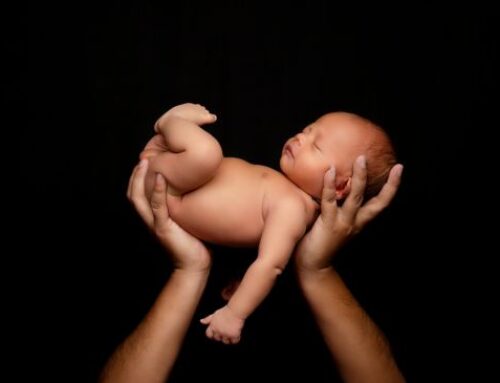Members of the pro-life movement are always eager to embrace encouraging news. A recent Gallup Youth Survey (Nov. 24, 2003), conducted through a scientific methodology to ensure a representative sample of the U.S. population, showed that 72 per cent of youth between 13 and 17 believe that abortion is morally wrong. An elated Richard Land, president of the Southern Baptist Ethics and Religious Liberty Commission, said, “We’re winning the struggle for hearts and minds. The young people are more conservative than their parents.” Mr. Land might have used the word “perceptive,” instead of that tiresome political label, “conservative,” but his elation is well placed.
Of that 72 per cent figure, 32 per cent oppose abortion in all circumstance, while 40 per cent would allow it only in rare instances. On the other hand, a mere 19 per cent believe abortion should be legal in all circumstances (or simply a matter of “choice”).
Analysts argue these figures are consistent with those of other surveys, indicating a growing trend among young people who oppose abortion. There are two reasons in particular for this encouraging social phenomenon. One is that pro-life couples have an average of three children, while supporters of abortion average only one child. The general rule is that pro-life parents tend to have pro-life children. The positive influence of such parents on their children is indisputable.
The second reason is a little more difficult to explain. Over the past three decades, literally millions of children have grown up knowing that they have a brother or sister, or even brothers or sisters, who were aborted. It is doubtless most disconcerting to know that your continued existence was contingent upon factors such as timing, convenience and finances. Culture watchdogs point to the fact that a considerable number of people weigh the cost of raising a child against opportunities for purchasing a house or buying a new car.
It is easy to feel vulnerable and only marginally wanted when one recognizes that he is not the recipient of unconditional love. More than likely, one would not want to impose such a disconcerting experience on one’s own offspring. At the same time, it is easy to feel outrage for having lost siblings because your parents did not think that all the ideal factors were happily in place when that brother or sister was conceived. Again, it is not likely that anyone would want to inflict his child with feelings of either vulnerability or outrage.
Can one ever say or even think the dreadful words, “Thanks mom for killing the others but not me”? One knows, without need for explanation, that upon being conceived, there is nothing one can do to plead his case for life. If one was not aborted, it was not because he was recognized as valuable or lovable, but only because his existence happened to mesh with his mother’s preferences. Knowing this painful truth would make its alternative – unconditional love for each human life that bears within itself its own inestimable value – seem all the brighter and more desirable.
When a mother decides whether or not to abort solely in reference to her own slate of preferences, she does not dispose herself to becoming sensitive to the particular needs of the child she allows to be born. She may very well ignore her growing child’s needs if they are in conflict with her own private needs. In other words, the woman who does not see her unborn child in terms of that child’s needs is preparing herself to be an insensitive, neglectful, or simply bad mother.
People in the fields of medicine and counselling are becoming more aware of this and, in their own ways, often highly indirect, are discouraging the formation of an attitude toward the unborn child in which parental preferences count for everything and the best interest of that child counts for nothing. To grow up with a pro-abortion frame of reference and with pro-abortion parents is an experience that no caring person would want to inflict on his own progeny.
Nonetheless, this second reason for encouragement could also be a reason for discouragement. Psychiatrist Philip G. Ney, in a paper entitled, “A Consideration of Abortion Survivors,” fears that “young people who are abortion survivors (those whose mothers aborted their siblings but not them), may not want to have a child, because they are afraid the anger they feel toward their mother will be displaced onto their young.” Father Richard John Neuhaus, editor of First Things magazine, offers a brighter interpretation and believes that the pain experienced by young abortion survivors is a factor in swelling the ranks of young people who are pro-life.
Reasons for encouragement abound. But “encouragement,” as the word suggests, should make pro-life workers more courageous, more confident, and more zealous, like an experienced surfer who knows how to get the best out of a good wave. They should take nothing for granted, except that there is still much work to be done.
Donald DeMaro, a regular contributor to The Interim, is professor emeritus at St. Jerome’s University in Waterloo, Ont. and adjunct professor at Holy Apostles College and Seminar in Massachusetts.




